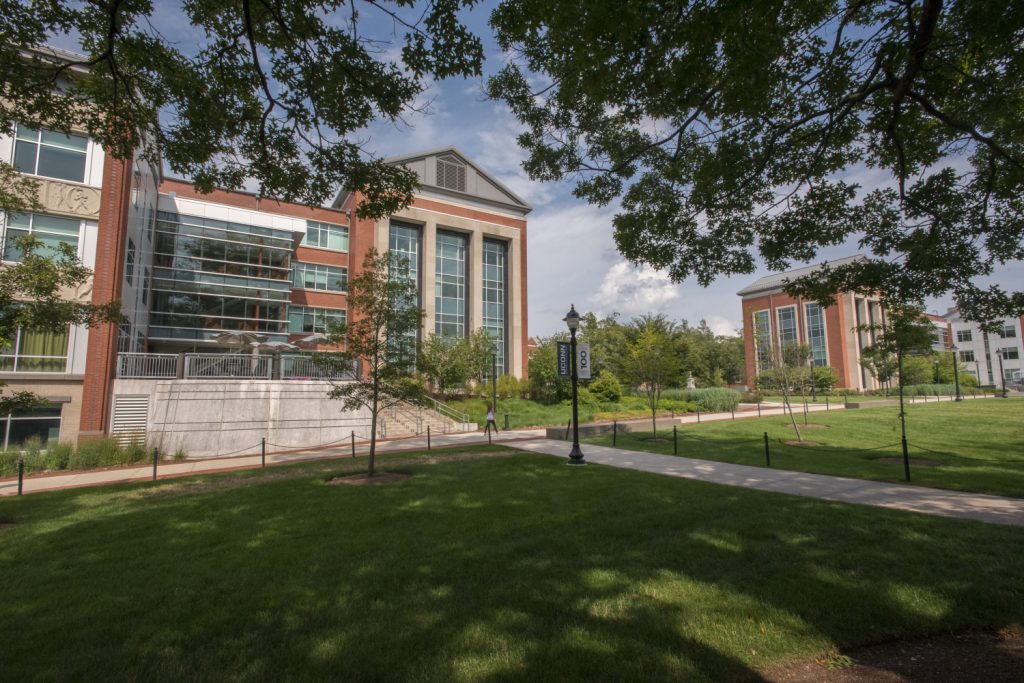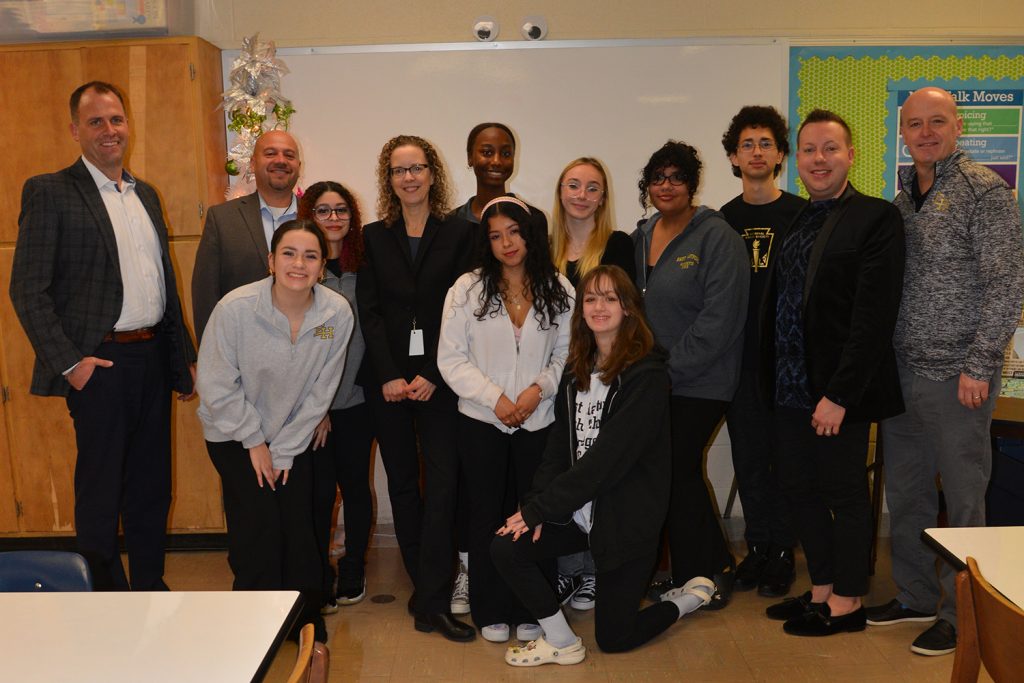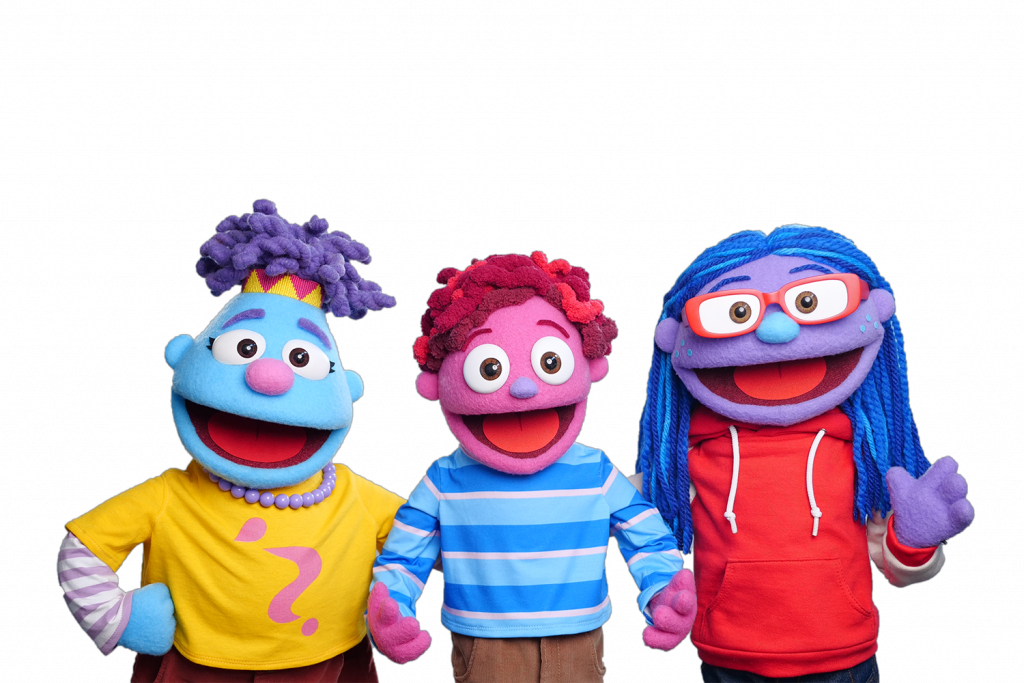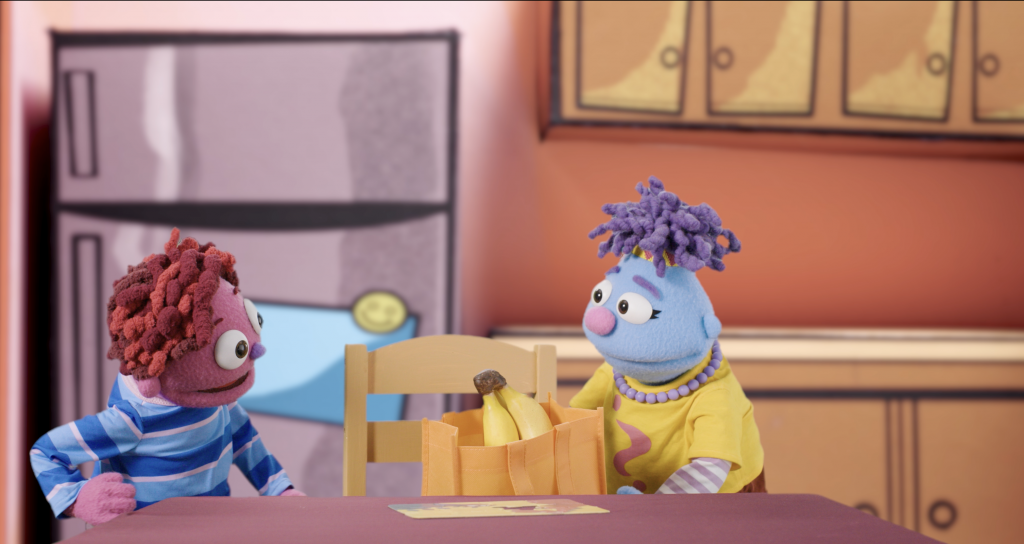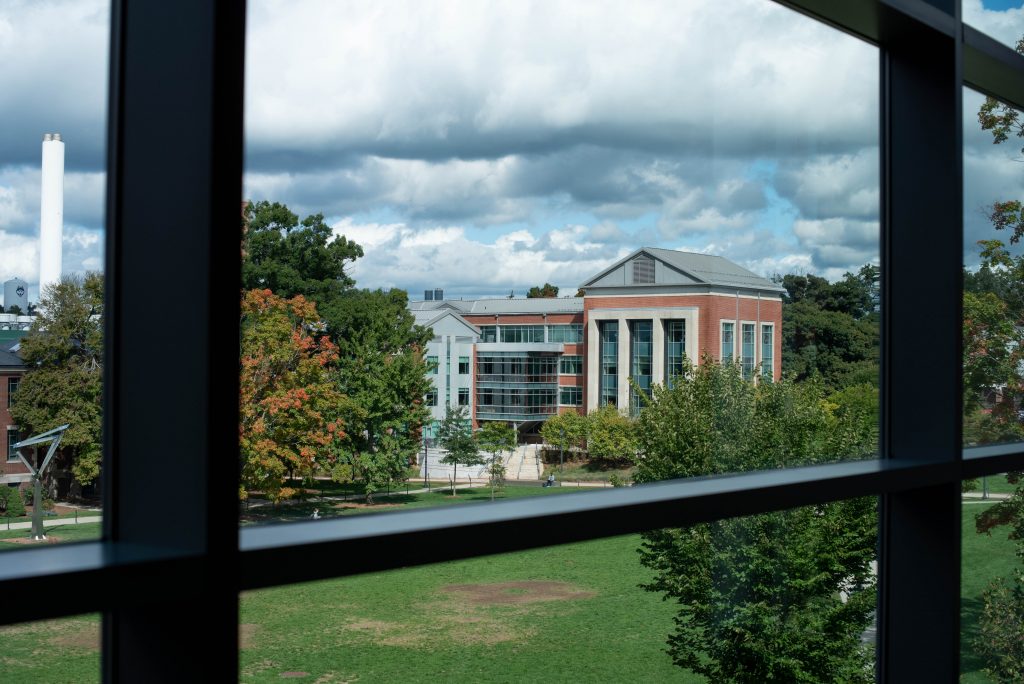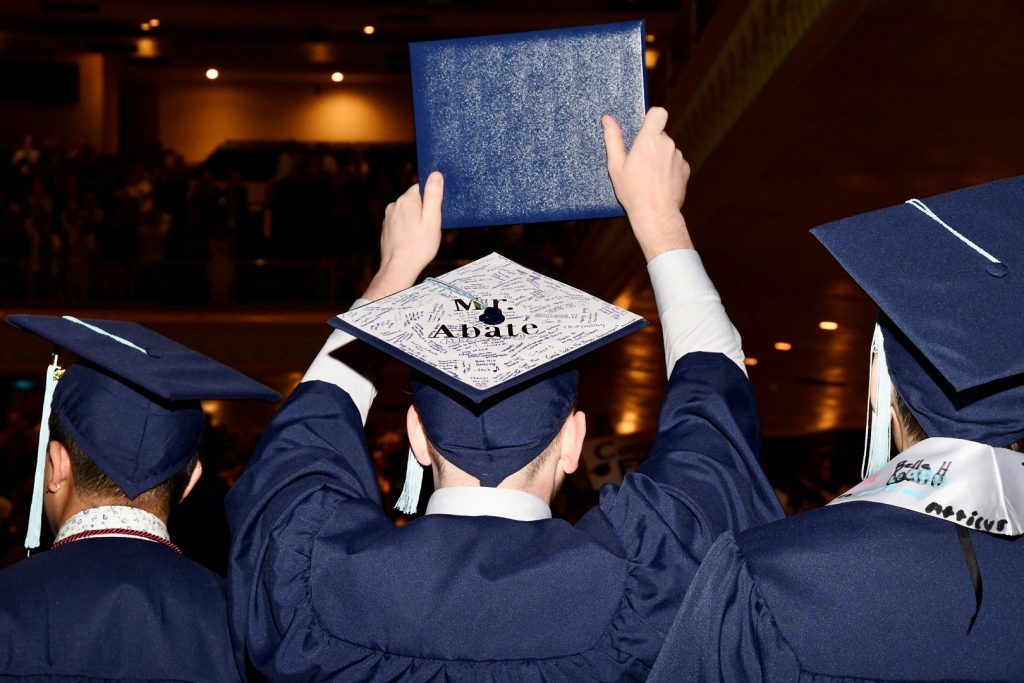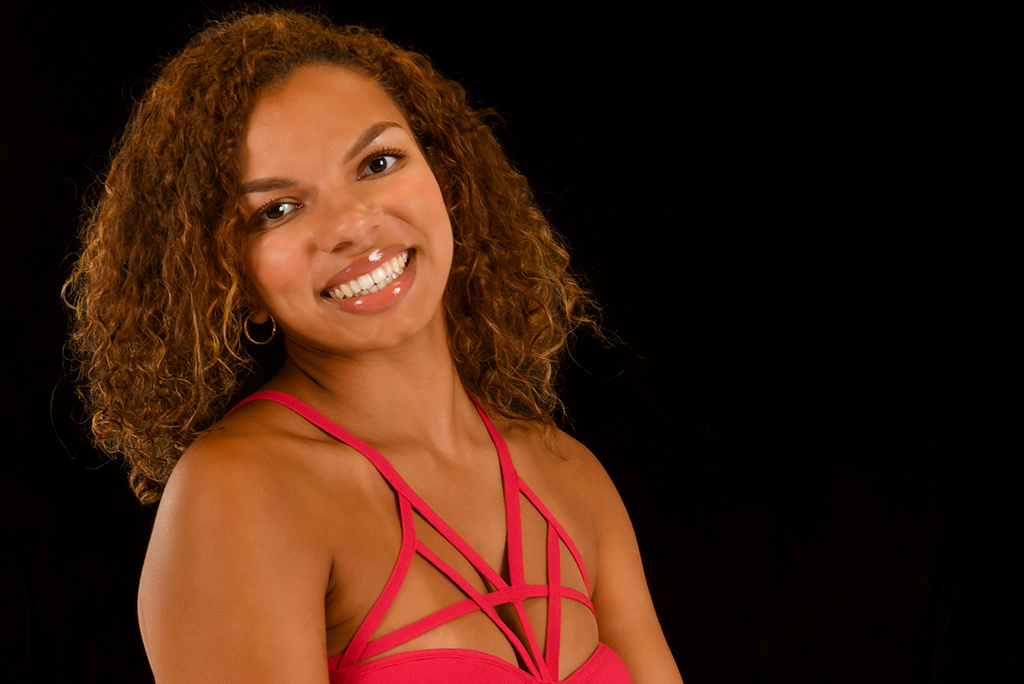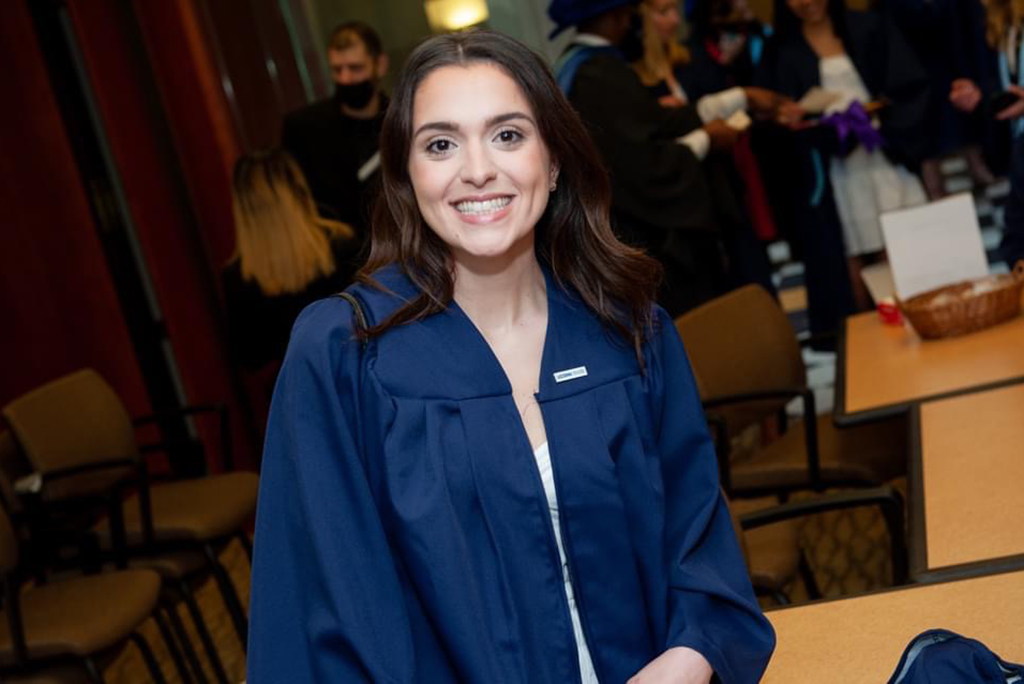Educational Psychology
Neag School Launches New Licensed Professional Counselor Program
The online certificate program is an extension of the Counselor Education master’s program and will help meet Connecticut's demand for licensed counselors in the wake of the pandemic
September 25, 2023 | Mikala Kane
Neag School Welcomes New Faculty, Celebrates New Program Director
Risa Isard and Zachary Collier join the Neag School as assistant professors, while Tracy Sinclair has been named director of the Teacher Certification Program for College Graduates
August 30, 2023 | Shawn Kornegay
Neag School Expands its Early College Experience Courses, Allowing High School Students to Explore Careers in Education
More than 350 students from 21 partner schools were enrolled in the Neag School's ECE courses in 2022-2023, an increase from 201 students in five districts the year before.
August 24, 2023 | Shawn Kornegay
Feel Your Best Self Collaborative Puppetry Project Wins Telly Awards
The free educational toolkit that helps children cope with big emotions has been recognized in four categories.
June 7, 2023 | Mikala Kane
Pioneering Puppet Project ‘Feel Your Best Self’ Coming to More Screens Near You
The celebrated program, which uses puppets to help kids and their caregivers explore emotion-coping strategies with a free toolkit, has extended a license to New York's THIRTEEN public broadcasting channel
June 5, 2023 | Mac Murray
Neag School Names Recipients of the 2023 Alumni Board Scholarship
Megan Go, Kenya Overton, and Amanda Sutter are graduate students who have proven academic excellence or demonstrated financial need.
May 16, 2023 | Shawn Kornegay
Neag School Honors Faculty, Staff, and Students With 2023 Annual Awards
The Dean’s Office solicited nominations earlier in the spring for the Neag School's annual awards recognizing research, teaching, and service.
May 10, 2023 | Mikala Kane
Neag School of Education Graduates 158 Bachelor of Science Students
Graduates of the Sport Management and Integrated Bachelor's/Master's Teacher Education programs were celebrated Sunday morning at the Jorgensen Center for the Performing Arts
May 7, 2023 | Mikala Kane
Neag School Class of 2023 Student Profile: Natalie Hernandez
“I chose UConn because of its nationally recognized teacher preparation program and its beautiful campus. I knew that coming here would best prepare me to become an educator with its many supports and resources offered to students.”
May 3, 2023 | Combined Reports
Neag School Class of 2023 Student Profile: Natalie Ciarcia
“I wanted to attend UConn, not only for the sports and ice cream, but also to pursue my dream of becoming a teacher. Seeing as how the Neag School of Education has consecutively ranked within the top 25 public graduate schools of education in America year after year, I knew I wanted to be a part of their program.”
May 3, 2023 | Combined Reports

